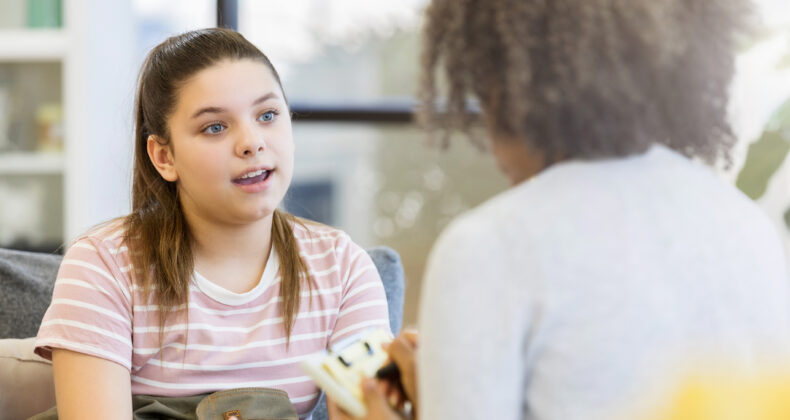
Cedar Rapids Community School District provides a comprehensive school counseling program that is developmental, proactive, preventative, and systemic. The program is essential to CRCSD’s educational program, and assists students in developing and using life-long learning skills. The school counseling program employs strategies to enhance academic development, provides career awareness and employment readiness, and encourages self-awareness and interpersonal communication skills.
The counseling program strives to meet the national standards of the American School Counseling Association, which categorizes the counseling responsibilities into three focus areas: academic, career and personal/social. Students’ development in these areas is fostered through consulting, counselor programming, responsive services, student planning, program management, and advocacy.
Direct student services
- School counseling core curriculum instruction: direct instruction, team teaching, developing learning activities
- Group activities: planned activities outside the classroom promoting academic, career, or social/emotional development
- Individual student planning
- Appraisal: assist students in evaluating interests abilities, skills, and achievement
- Advisement: assist students in goal setting based on academic, career, and social/emotional data
- Responsive services
- Counseling: in individual or small group settings school counselors provide planned, short-term, and goal-focused counseling. School counselors do not provide therapy or long-term counseling in schools. However, school counselors are prepared to recognize and respond to student mental health needs and assist students and families seeking resources.
- Crisis response: provide support and assistance to students and families as they navigate crisis and emergency situations
Indirect student services
- Consultation: share strategies supporting student achievement with parents, teachers, other educators, and community organizations
- Collaboration: work with other educators, parents, and the community to support student achievement
- Referrals: support for students and families to school or community resources for additional assistance and information